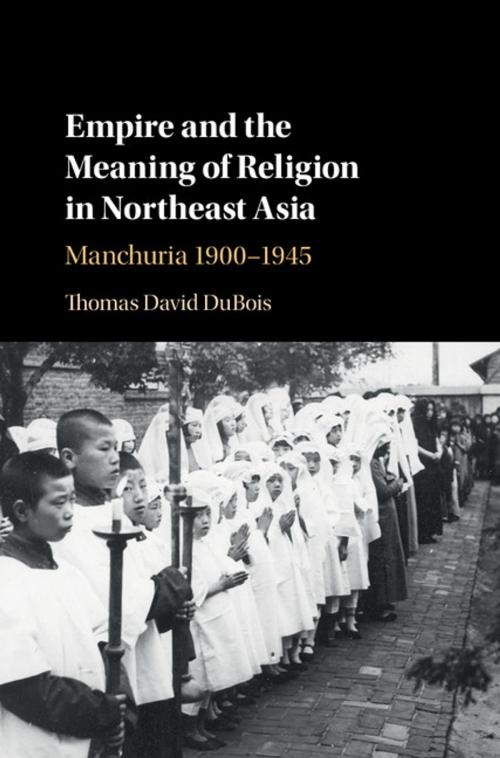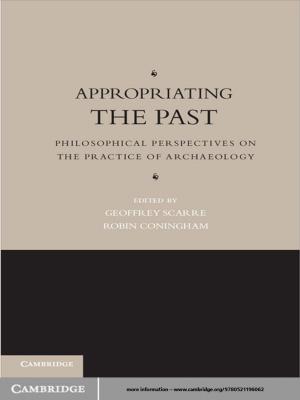Empire and the Meaning of Religion in Northeast Asia
Manchuria 1900–1945
Nonfiction, History, Asian, Asia, Religion & Spirituality| Author: | Thomas David DuBois | ISBN: | 9781316733066 |
| Publisher: | Cambridge University Press | Publication: | December 24, 2016 |
| Imprint: | Cambridge University Press | Language: | English |
| Author: | Thomas David DuBois |
| ISBN: | 9781316733066 |
| Publisher: | Cambridge University Press |
| Publication: | December 24, 2016 |
| Imprint: | Cambridge University Press |
| Language: | English |
Manchuria entered the twentieth century as a neglected backwater of the dying Qing dynasty, and within a few short years became the focus of intense international rivalry to control its resources and shape its people. This book examines the place of religion in the development of Manchuria from the late nineteenth century to the collapse of the Japanese Empire in 1945. Religion was at the forefront in this period of intense competition, not just between armies but also among different models of legal, commercial, social and spiritual development, each of which imagining a very specific role for religion in the new society. Debates over religion in Manchuria extended far beyond the region, and shaped the personality of religion that we see today. This book is an ambitious contribution to the field of Asian history and to the understanding of the global meaning and practice of the role of religion.
Manchuria entered the twentieth century as a neglected backwater of the dying Qing dynasty, and within a few short years became the focus of intense international rivalry to control its resources and shape its people. This book examines the place of religion in the development of Manchuria from the late nineteenth century to the collapse of the Japanese Empire in 1945. Religion was at the forefront in this period of intense competition, not just between armies but also among different models of legal, commercial, social and spiritual development, each of which imagining a very specific role for religion in the new society. Debates over religion in Manchuria extended far beyond the region, and shaped the personality of religion that we see today. This book is an ambitious contribution to the field of Asian history and to the understanding of the global meaning and practice of the role of religion.















